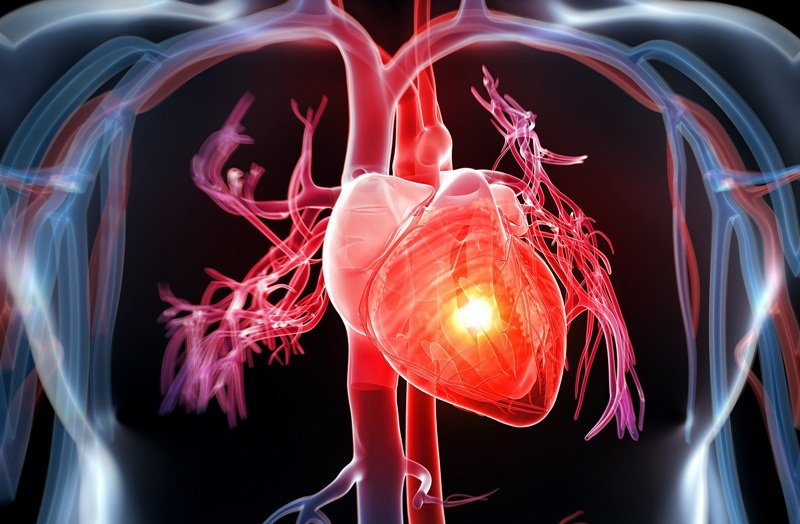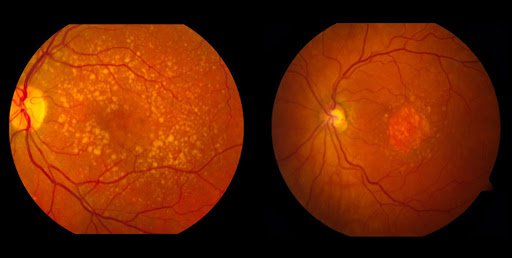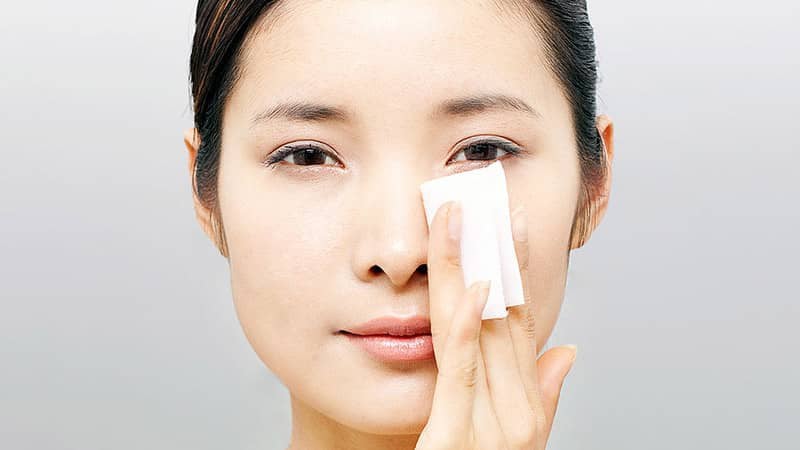Nutrition facts of hard-boiled eggs: Calories, Protein and more
This is an automatically translated article.
Eggs are rich in nutrients, providing a large amount of vitamins and minerals. Besides, this is also a food containing abundant protein and choline, which is very good for health. There are many different ways to prepare eggs so you can change your taste every day. In this article will provide useful information about the nutritional composition of boiled eggs.
1. Nutritional value of boiled eggs
Eggs are an extremely rich source of energy, protein and other nutrients. In addition, the processing of dishes from eggs is also very rich, including fried eggs, baked eggs... One of the popular ways to enjoy for many people is boiled eggs. Hard-boiled eggs can be used with other dishes or eaten alone with a pinch of salt and ground pepper.
Hard-boiled eggs are a great source of nutrients, protein, and healthy fats. One medium hard-boiled egg (about 50 grams) can provide the following nutrients:
Calories: 77 calories Carbohydrates: 0.6 grams Total fat: 5.3 grams Saturated fat: 1.6 grams Monounsaturated fat : 2.0 grams Cholesterol : 212 mg Protein : 6.3 grams Vitamin A : 6% of the recommended daily vitamin A requirement. Vitamin B2: 15% of the recommended daily vitamin B2 requirement. Vitamin B12: 9% of the recommended daily vitamin B12 requirement. Vitamin B5: 7% of the recommended daily vitamin B5 requirement. Phosphorus: 86 mg, equivalent to 9% of the body's recommended phosphorus requirement per day Selenium: 15.4 micrograms, equivalent to 22% of the body's recommended selenium requirement per day.

Trứng luộc chứa nhiều vitamin B2 và B12
With all the information about the nutritional value of eggs listed above, eggs can be found to be a relatively low-calorie food source. A hard-boiled egg provides only about 77 calories, besides 5 grams of fat and a very small amount of carbohydrates. Eggs are a great source of lean protein, plus eggs are one of the few foods that contain all the amino acids, meaning they're a complete source of protein.
Boiled eggs also provide other important nutrients, including vitamin D, zinc, calcium and all the B vitamins in it, especially riboflavin (vitamin B2) and vitamin B12. The nutrients are mainly located in the yolk of the egg, while the white contains mainly protein.
2. High quality protein source
Protein plays an important role in many activities in the body, especially the role of building muscles and bones and producing hormones and enzymes that regulate body activities.
Eggs provide about 6 grams of protein. However, one thing to note is that the proteins provided by eggs are all very high quality proteins. In fact, many scientists think that eggs are one of the best sources of protein that humans can use. The basis for this claim lies in the fact that eggs contain all kinds of essential amino acids for the body.

Protein có nhiều trong lòng đỏ trứng
A misconception that is still relatively common today is that protein is only found in egg whites. However, in fact, almost half of the protein content in eggs is provided by the yolk. Therefore, it is best to enjoy both the white and the yolk of the egg to ensure the maximum nutrient content that the body receives from boiled eggs.
3. Cholesterol in boiled eggs
The cholesterol content in boiled eggs is relatively high, but this does not increase the risk of cardiovascular diseases. Over the years, there have always been two opposing opinions about whether eggs contain such a large amount of cholesterol and affect the cardiovascular health of users. Many people believe that eating a lot of eggs can increase the risk of heart-related diseases while others defend the opposite view.
The truth is that eggs provide a large amount of cholesterol. Each boiled egg contains about 212 mg of cholesterol, which is about 71% of the recommended daily cholesterol requirement for the body. However, in recent studies, scientists have shown that dietary cholesterol has little effect on blood cholesterol levels. For most people, dietary cholesterol in general and boiled eggs in particular is not associated with cardiovascular disease risk and does not raise total cholesterol or bad cholesterol (LDL cholesterol) levels. Even hard-boiled eggs can improve good cholesterol (HDL cholesterol). In addition, two studies conducted on more than 100,000 adults showed that eating one egg a day did not increase the risk of heart-related diseases.

Trứng luộc giúp làm giảm nguy cơ mắc bệnh tim mạch
However, people with diabetes should be careful with hard-boiled eggs as well as egg-based dishes because studies have shown that eating too many eggs can increase the risk of cardiovascular disease for people with diabetes. patients with diabetes.
4. Boiled eggs for eye and brain health
Hard-boiled eggs provide essential nutrients and antioxidants that help support eye and brain health.
4.1. Choline
Choline is an essential nutrient for many physiological processes taking place in the body. The human body can produce choline on its own, but in very small amounts. Therefore, experts recommend supplementing choline from the daily diet to ensure the body's physiological processes take place in a normal way.
Choline is especially important in maintaining a healthy nervous system. They are the main materials involved in the synthesis of acetylcholine, a neurotransmitter that ensures the ability to remember and learn in each person. Choline is also very important throughout the body's survival and development. They promote fetal brain and memory development as well as support cognitive function in the elderly. Pregnant women who do not supplement with the necessary amount of choline can lead to neural tube defects in the fetus.
Choline is especially important in maintaining a healthy nervous system. They are the main materials involved in the synthesis of acetylcholine, a neurotransmitter that ensures the ability to remember and learn in each person. Choline is also very important throughout the body's survival and development. They promote fetal brain and memory development as well as support cognitive function in the elderly. Pregnant women who do not supplement with the necessary amount of choline can lead to neural tube defects in the fetus.

Choline trong trứng giúp thúc đẩy sự phát triển trí não và trí nhớ của thai nhi
Egg yolks are rich in choline. One hard-boiled egg contains 147 mg of choline, which is 27% of the recommended daily choline requirement. In fact, eggs are the best and most effective source of choline in an individual's diet.
4.2. Lutein and Zeaxanthin
Lutein and zeaxanthin have been shown to be two of the well-known antioxidants that play an important role in vision health. Lutein and zeaxanthin neutralize harmful free radicals thereby slowing cataract formation and protecting the eyes against age-related macular degeneration. Lutein and zeaxanthin may even protect the eyes from harmful light.
Egg yolks are an excellent source of lutein as well as zeaxanthin. Furthermore, due to the fat structure in egg yolks, the body can easily absorb lutein and zeaxanthin.

Bệnh nhân thoái hóa điểm vàng nên bổ sung trứng vào chế độ ăn uống nhằm ngăn chặn sự phát triển của bệnh
Hard-boiled eggs are a low-calorie, nutrient-dense food. They are an excellent source of high-quality protein and are rich in B vitamins, zinc, calcium and other important nutrients and antioxidants like choline, lutein and zeaxanthin. Although the cholesterol content in other eggs is high, this does not appear to increase the risk of heart-related diseases in most people. In addition, boiled eggs are also relatively easy to eat and can become a nutritional supplement in your daily meal.
Please dial HOTLINE for more information or register for an appointment HERE. Download MyVinmec app to make appointments faster and to manage your bookings easily.
References: healthline.com, verywellfit.com, cookinglight.com
This article is written for readers from Sài Gòn, Hà Nội, Hồ Chí Minh, Phú Quốc, Nha Trang, Hạ Long, Hải Phòng, Đà Nẵng.





